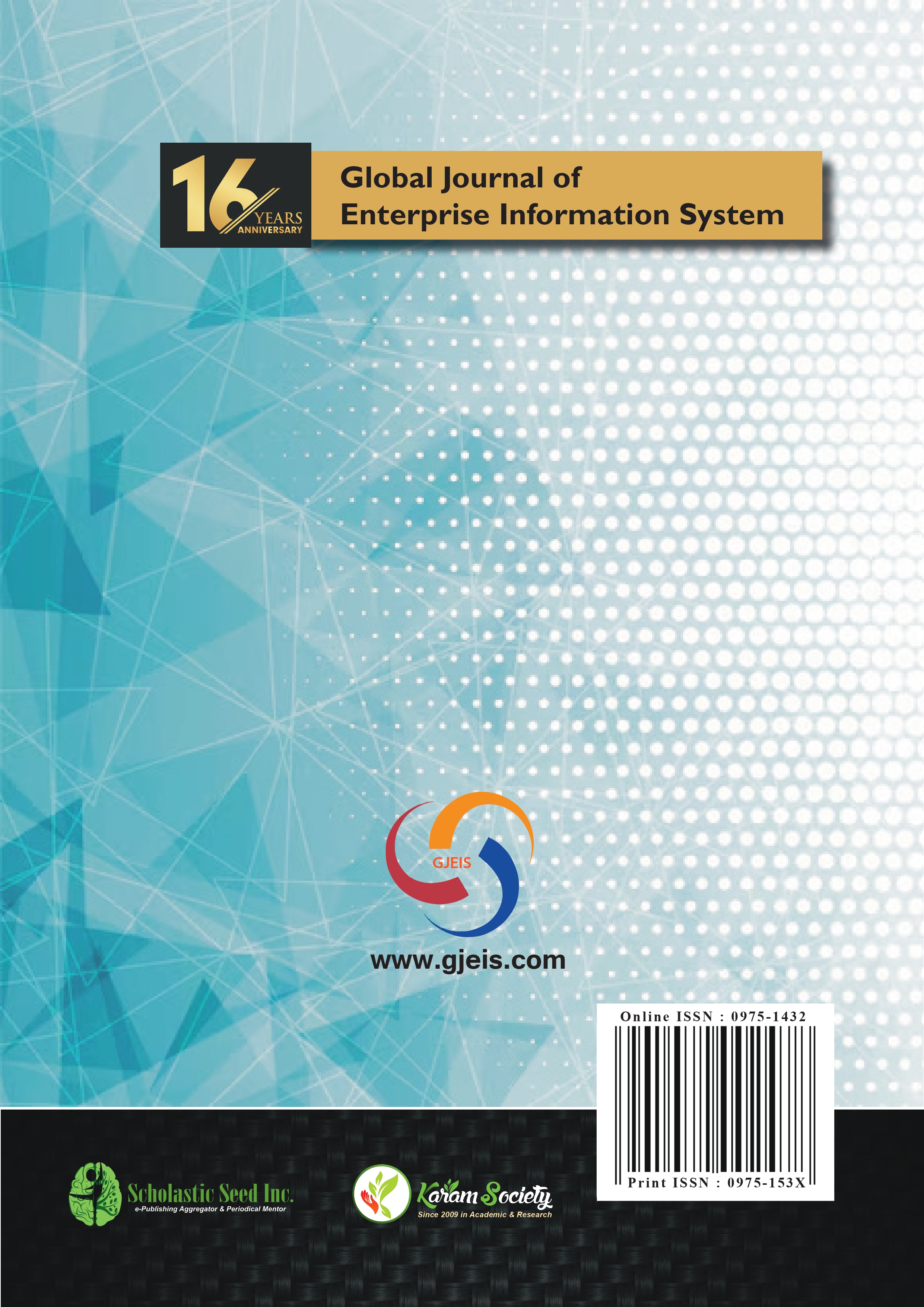Contextualizing ‘International Educational and Academic Travel’ within Existing Tourism Literature
Abstract
Purpose: In recent years, the global population of students who move to another country to study has been on the rise. International student mobility more than doubled from 2.1 million in 2000 to about 5 million in 2014 (ICEF Monitor, 2016) and is projected to reach annually around 8 million students by 2025 (OECD, 2012). Since all these statistics usually consider only those students with at least a year of study at the destination country, the final figures for all international students travel would substantially increase if shorter-term movements for exchange programmes, internships, project work, study tours, international summer schools, volunteer-work[1]travel schemes etc are included. Then there are other international travels for academic[1]related conferences, seminars, workshops, research works etc, in which students and other faculty members/academics participate in. The purpose of this paper is to build a better understanding of international travel for educational and academic purposes, from the tourism perspective. The overall aim is to contribute to the tourism academic literature and strengthen the advancement of such types of travel as a distinct travel segment.
Design/Methodology/Approach: An integrative literature review method was used to assess and synthesize the literature related to international educational and academic travel. These were then critically analysed to develop new terminologies and theories. The paper is the outcome of the expansion on the ideas generated in a doctoral thesis on educational and academic exchanges as a promotional tool for tourism critically analysed through international study tours to India.
Findings: No attempt has been made either in tourism literature or industry operations to document and account for all international educational and academic travel as a separate distinct travel segment. Moreover, the present understanding and scope of Educational Tourism are still rather fragmented to accommodate and regulate the totality of such large-scale travel. A major consolidation point which this paper provides is that the travel and experiences component of international educational and academic travel group display unique characteristics and is quite different from conventional tourists. This will have major implications for tourism destination marketers while planning and targeting this travel group.
Originality/Value: The current study addresses some existing conceptual gaps in educational tourism. A contour for a consolidated and specific travel segment was framed by defining what constitutes international educational and academic travel. While a body of knowledge from multiple perspectives and contexts is required to establish a new travel group; an initiation at least is made in this study. The use of ‘educational and academic’ as a single collective term help overcome the various interpretations within existing educational tourism and educational travel debate owing to the broad implicative meaning of the term ‘Education’.
Paper Type: View Point
Copyright (c) 2023 Global Journal of Enterprise Information System

This work is licensed under a Creative Commons Attribution-NonCommercial-NoDerivatives 4.0 International License.








